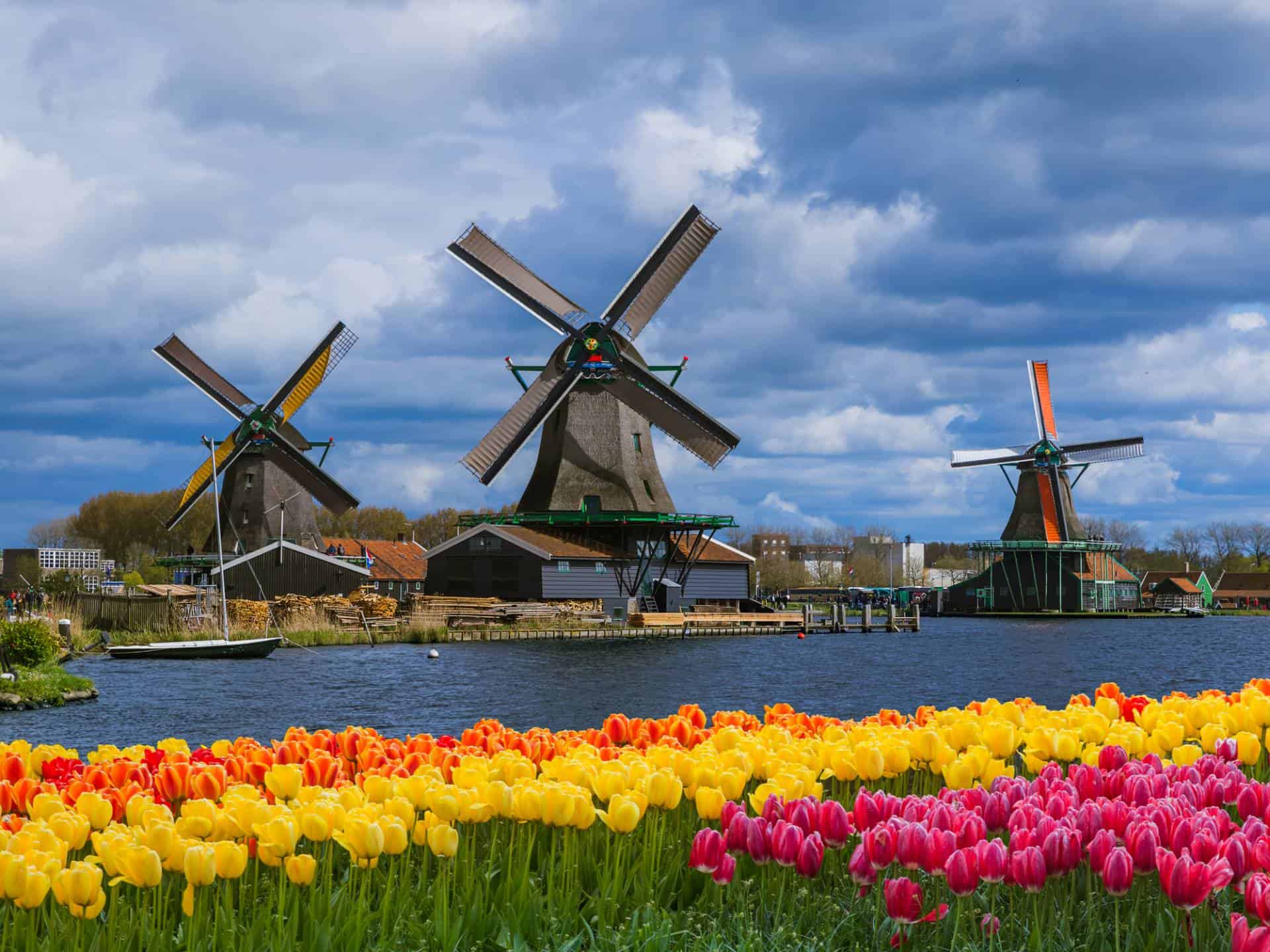
Difference between Holland and The Netherlands
Much like the previous question, people often confuse the two by failing to understand their distinctions. Essentially, Holland comprises only a small portion of the Netherlands. In fact, there are actually two Hollands: north and south. It was once an independent country ruled by a count with its own system for money, measurement, time, etc. that by virtue of wars against the Spanish in the 16th century became incorporated into what is now known as the Kingdom of the Netherlands.
At one time, Holland included key cities like Amsterdam, Haarlem, and The Hague. The tourist should also note that referring to the Netherlands as Holland with some Dutch citizens can be construed as an insult/faux pas depending on what region the individual might be from. See www.holland.com
"Holland" and "the Netherlands" are terms that are often used interchangeably, but they refer to different things.
- The Netherlands:
- The Netherlands is the official name of a country located in Northwestern Europe.
- It is a constitutional monarchy that has 12 provinces of the Netherlands, including two provinces called North Holland (Noord-Holland) and South Holland (Zuid-Holland).
- The country is known for its flat landscape, extensive canal systems, tulip fields, windmills, and cycling routes.
- Holland:
- Holland refers to two specific provinces within the Netherlands: North Holland (Noord-Holland) and South Holland (Zuid-Holland).
- Historically, these provinces were some of the most influential and economically developed regions in the Netherlands.
- Due to their prominence, "Holland" has sometimes been used colloquially to refer to the entire country, though this usage is not strictly accurate.
In summary, while "the Netherlands" refers to the entire country, "Holland" specifically refers to two of its provinces. It's important to note that using "Holland" to refer to the entire country is a common but not entirely accurate practice, so it's more precise to use "the Netherlands" when talking about the entire country.
In the Netherlands, the provinces of North Holland and South Holland, often collectively referred to as Holland, are prominent regions with rich cultural heritage and economic significance. While the name "Holland" is commonly used to refer to the entire country, it specifically denotes the provinces of North and South Holland. However, it's essential to recognize that the Netherlands comprises twelve provinces in total, each with its own unique characteristics and contributions to Dutch culture and society.
Beyond North and South Holland, other provinces such as Utrecht, Limburg, and Friesland also play vital roles in the Dutch identity. Utrecht, located in the heart of the country, is known for its historic city center and vibrant cultural scene. Limburg, situated in the southeast, boasts picturesque landscapes and a distinct dialect, reflecting its regional identity. Friesland, in the north, is renowned for its Frisian culture and traditions, including the famous Elfstedentocht ice skating race.
Moreover, the province of North Brabant, part of the southern region of the Netherlands, and Rotterdam, a major port city in South Holland, are significant contributors to the Dutch economy and cultural landscape. North Brabant is known for its innovative industries, including technology and design, while Rotterdam serves as a bustling hub of trade and commerce, epitomizing Dutch maritime heritage. Together, these provinces form an integral part of the Netherlands, showcasing the diversity and dynamism of Dutch society.
The difference between the Netherlands and Holland often leads to confusion, especially among those unfamiliar with Dutch geography and history. While both terms are used interchangeably, there is a significant difference. The Netherlands refers to the country of The Netherlands, encompassing all twelve provinces, including North Holland and South Holland. On the other hand, Holland specifically refers to the provinces of North Holland and South Holland. Thus, while all residents of Holland are Dutch, not all Dutch people live in Holland.
Historically, the name Holland has deep roots in Dutch history, dating back to the time of the Dutch Republic. During this period, Holland was one of the wealthiest and most influential provinces in the republic, playing a central role in trade, commerce, and politics. As a result, the name Holland became synonymous with the entire country, both domestically and internationally. However, after Napoleon's defeat and the formation of the Kingdom of the Netherlands in 1815, the country's official name became the Netherlands, encompassing all twelve provinces.
Despite the historical significance of the name Holland, it is important to recognize that using it exclusively to refer to the entire country is inaccurate and can be seen as dismissive of the other ten provinces. Therefore, when referring to the Dutch nation, it is more appropriate to use the term the Netherlands. However, colloquially, many Dutch people, especially those from North Holland and South Holland, may still use the term Holland when asked where they are from or when expressing national pride, as in the popular sports chant "Hup Holland Hup."
In conclusion, while Holland and the Netherlands are often used interchangeably, there is a clear distinction between the two terms. Holland refers specifically to the provinces of North Holland and South Holland, while the Netherlands encompasses the entire country of twelve provinces. Understanding this difference is essential for accurately discussing Dutch geography, history, and culture.










